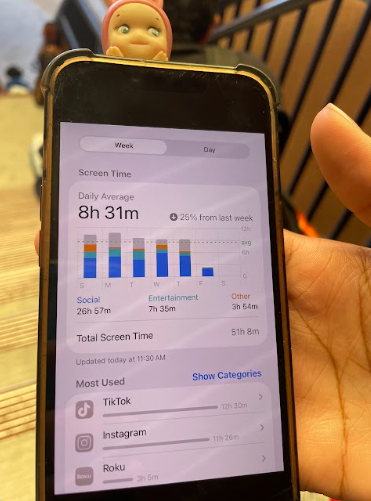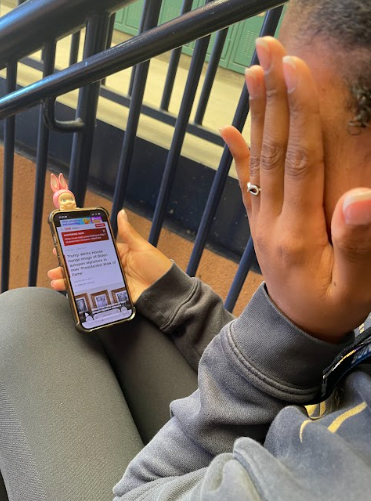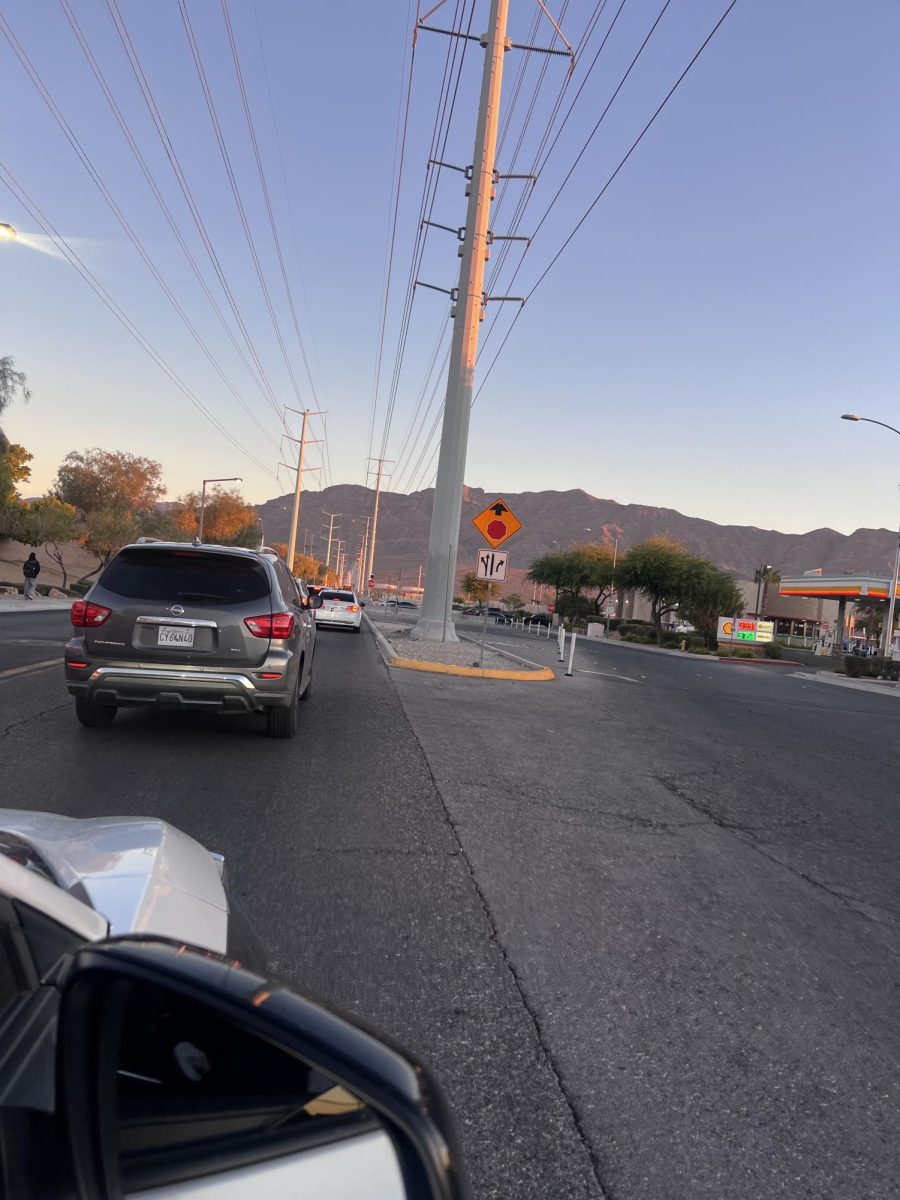The rise of social media in the early 2000s allowed people from all over the world to connect, create communities, bring awareness to growing issues, and so on. Since the 2000s, the presence of social media has had positive outcomes in the real world as it has been a source of income for small businesses in a time of economic and employment crisis. Although there are good parts of social media, there have also been negative impacts such as the effects of overconsumption of negative media on mental health.
As stated by the Exploding Topics, a recent report has found that the average teen in the U.S spends around 7 ½ hours in front of a screen and more than half of that is occupied by social media apps, with TikTok holding the number one spot. It is well known that social media can be addictive and due to its easily accessible nature, it can stimulate addictive behavior (relying on social media for news plays a part in addiction). Thanks to the invention of phones, news is now accessible anywhere, anytime and to anyone; that may consist of negative news and other forms of stress-inducing media.

When consuming too much negative media it can have a significant impact on mental health by evoking feelings of helplessness, depression, anxiety, etc. According to Johns Hopkins University & Medicine, studies have found that after news consumption, people have an increase of symptoms of anxiety and depression after just 14 minutes.
Junior Aiyana Scott stated, “It makes me anxious because nowadays it’s really rare that anything good comes on the news. However, it still encourages me to be informed.”
In accordance with Banner Health, regularly engaging in negative news can create changes in appetite, sleep troubles, increased use of drugs, and emotional burnout. People of the BIPOC and LGBTQ communities are more vulnerable to the negative impact news inhibits on mental health. The reason that is, is due to the fact these groups are more at risk to be targeted for hate crimes. Therefore, news coverage severely impacts individuals of these communities.
Scott said, “Teenagers spend more time on social media apps than adults do, so I feel the news impacts us more.”
In a world of catastrophe on every corner, there are ways to mitigate the stress and anxiety that comes with consuming negative media. To slowly start off, restricting cell phone use will steadily wean the user from using their phone so often. This should eventually lead to social media breaks which can take form in various methods: deleting social media apps or accounts, limiting daily use, finding alternatives such as reading, picking up a new hobby, and exercising. Most importantly, paying little attention to things outside of one’s control can help a tremendous amount with feelings of hopelessness.
Junior Kennedi Allen expressed, “I feel like you need to limit your exposure, check sources, and analyze what’s wrong and right, and to stay engaged, not consumed.”









